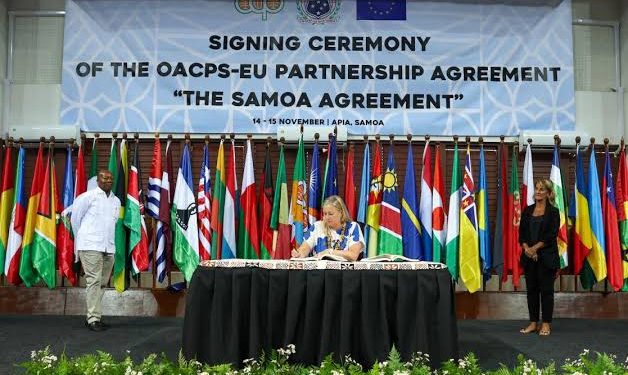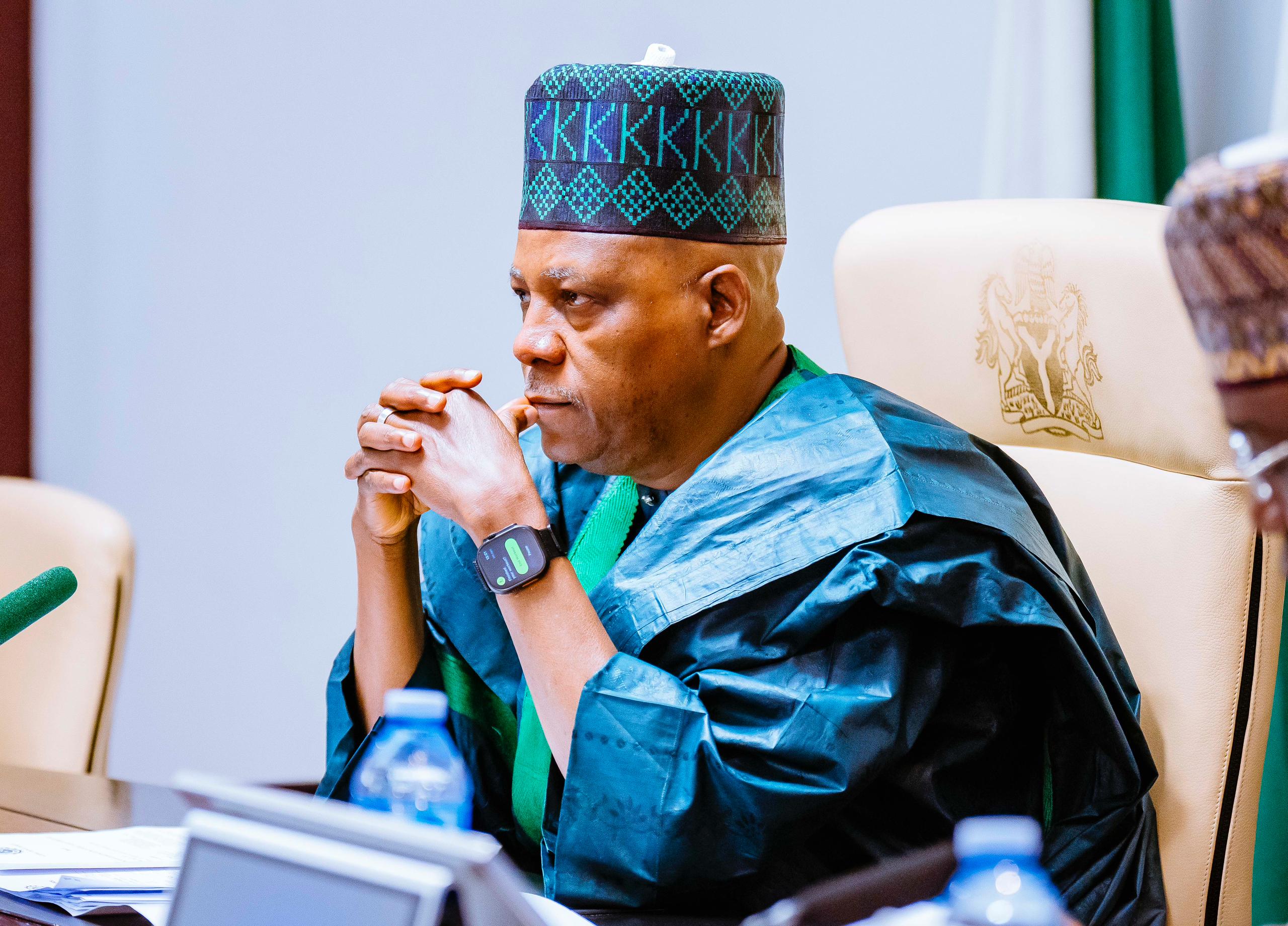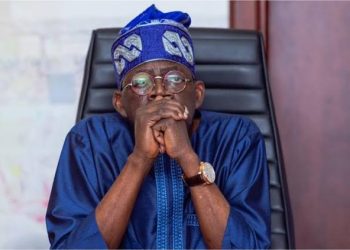The signing of Samao agreement by the Nigerian government in Brussels, Belgium on June 28th has continued to elicit mixed reactions.
This agreement serves as a new framework for relations between the European Union (EU) and countries within the African, Caribbean, and Pacific (ACP) group.
The Samoa Agreement, initially signed by the EU and other member states of the Organisation of African, Caribbean and Pacific States (OACPS) on November 15, 2023, officially took effect on January 1, 2024. This agreement aims to foster enhanced cooperation among 79 nations over a 20-year period, covering areas such as democracy, human rights, economic growth, climate change, and more.
A point of contention has been the agreement’s reference to sexual orientation and gender identity, sparking debates and concerns over its implications on Nigeria’s laws against same-sex marriages.
Several ACP countries, including Nigeria, initially hesitated to sign the agreement due to these concerns.
To address the apprehensions, a compromise was reached where all participating countries agreed to “promote, protect, and fulfil all human rights, whether they are civil, political, economic, social, or cultural.”
This compromise specifies a commitment to implementing existing international agreements focused on a broad spectrum of human rights, which does not explicitly equate to approval of same-sex marriage by the Nigerian government.
The Federal Government of Nigeria has reaffirmed its stance, consistent with the nation’s laws, that the endorsement of the Samoa Agreement does not signify a shift in its position regarding same-sex marriage.
Despite the government’s explanation, the house on Tuesday during plenary urged the President Bola-Tinubu administration to halt the implementation of the agreement, DAILY GIST reported
The agreement’s broad framework allows for the protection of human rights without contravening Nigeria’s established legal and cultural norms.
The misinterpretation of the Samoa Agreement’s implications has led to widespread speculation and concern among the Nigerian populace.
Signatories to the Samoa Agreement are 48 African countries, 16 countries from the Caribbean and 15 Pacific countries — accounting for about two billion people.
AFRICA
South Africa, Angola, Cape Verde, Benin, Botswana, Burkina Faso, Burundi, Cameroon, Central African Republic, Comoros, Congo (Brazzaville), Congo (Kinshasa), Côte d’Ivoire, Djibouti, Eritrea, Ethiopia , Gabon, Gambia, Ghana, Guinea, Guinea-Bissau, Equatorial Guinea, Kenya, Lesotho, Madagascar, Liberia, Malawi, Mali, Mauritius, Islamic Republic of Mauritania, Mozambique, Namibia, Niger, Nigeria, Uganda, Rwanda, Sao Tome and Principe, Senegal, Seychelles, Sierra Leone, Somalia, Sudan, Eswatini, Tanzania, Chad, Togo, Zambia, Zimbabwe.
THE CARIBBEAN
Antigua and Barbuda, Bahamas, Barbados, Belize, Cuba, Grenada, Guyana, Haiti, Jamaica, Dominican Republic, Saint Christophe and Nevis, Saint Vincent and Grenadines, Saint Lucia, Suriname, Trinidad and Tobago
THE PACIFIC
Cook Islands, Marshall Islands, Solomon Islands, Fiji, Kiribati, Micronesia, Nauru, Niue, Palau, Papua New Guinea, Samoa, Timor Leste, Tonga, Tuvalu, Vanuatu.
Below are 10 ten things to know about the controversial samao agreement:
1. The Samoa Agreement is a partnership agreement and a vital legal framework for cooperation between the EU and its member states, on the one hand, and members of OACPS on the other.
2. The multilateral agreement is colloquially called the ‘Samoa Agreement’ because its signing took place on the Island of Samoa in Oceania during the 46th session of the ACP-EU Council of Ministers.
3. The agreement, signed by Nigeria and other members of the OACPS, is based on six key priorities to tackle the main challenges in the member countries over the next two decades.
4. The Nigerian Ambassador to the Kingdom of Belgium, Grand Duchy of Luxembourg and the European Union, Obinna Onowu, signed the agreement on behalf of the Nigerian Government at the OACPS Secretariat in Brussels on June 28, 2024.
5. The priorities include human rights, democracy and governance; peace and security; human and social development; inclusive, sustainable economic growth and development; environmental sustainability and climate change; and mobility/migration.
6. An important principle of the agreement is that ‘’the Parties shall make decisions and undertake actions at the most appropriate domestic, regional or multi-country level’’.
7. No Lesbian, Gay, Bisexual, Transgender and Queer clause in the agreement.
8. The EU and all its member states signed the agreement on November 15, 2023. Out of the 79 members of the OACPS, 74, including Nigeria, signed before the deadline of June 30, 202









